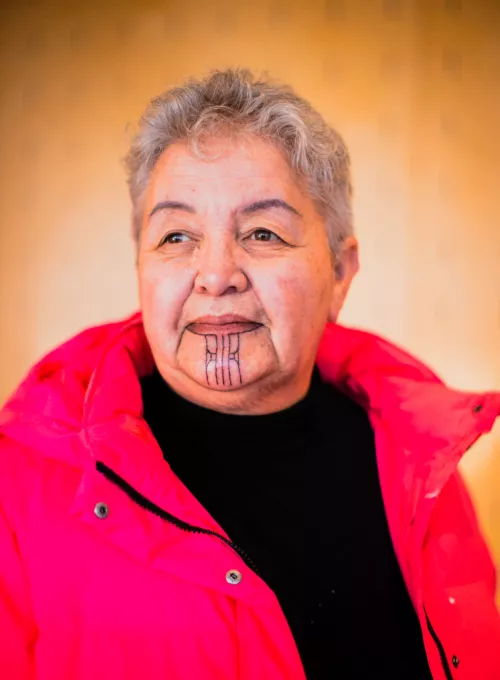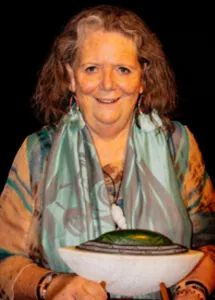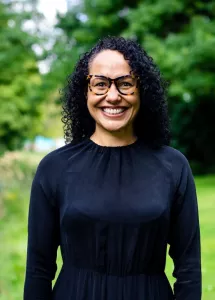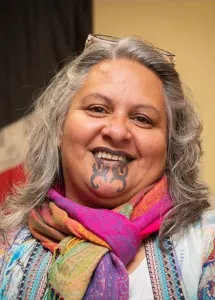
Roma Balzer CNZM has dedicated over 40 years to working in family violence interventions, primarily in strategy roles. Throughout her career, she has collaborated with various individuals, organisations and government departments to elevate the status of battered women and their children.
Roma began work at Tokanui Hospital as a training officer alongside children with multiple disabilities. At the age of 25 and single mother of 3, she joined the steering committee of the newly forming Rotorua Women's Refuge. Three years later, she became the regional representative on the National Women's Refuge Executive (NCIWR) and, in 1986, was employed as the first Māori National Co-ordinator of Women Refuges.
While largely dismantled today, one of Roma's proudest innovations was parallel development across the movement. Māori were recognised as tangata whenua, with the right to Māori-centric approaches to developments by and for Māori. Within this structure, tauiwi had an important place, where non-Māori also had the right to develop by and for their respective cultures of origin. This co-development model also challenged pākehā to identify and address the systemic racism within their communities.
Roma held the National Co-ordinator role (at NCIWR) until 1990 and returned in 2000 to 2004. As a Refugee Representative on the Family Violence Prevention Co-ordinating Committee (FVPCC), Roma played a pivotal role in establishing the Hamilton Abuse Intervention Project (HAIP) and later the Family Violence Technical Assistance Unit (FVTAU). HAIP and FVTAU were training, education and resource units to assist communities in developing effective responses to violence against women and children.
An unabashed Māori feminist, she holds to two guiding principles:
- The absolute right to self-determination and,
- Self-determination is best achieved through dismantling systems of oppression.
Representing New Zealand internationally on issues related to violence against women, Roma has acted as an advisor to the Government, published research articles and contributed chapters on community responses to domestic violence, Māori family violence, and Māori-Pākehā relations.
In recognition of her outstanding services to families and the community, Roma was appointed a Companion of the Queen's Service Order in 2005 and the New Zealand Order of Merit 2019. Roma continues to influence change as a specialist consultant for Waikato Women's Refuge | Te Whakaruruhau – Hamilton and the Waikato Māori Coalition. Roma recently joined the boards of Te Whaiti Kuranui Land Trust and Waikato Women’s Refuge Trust, furthering her lifelong commitment to whānau well-being and empowerment.
Links:
Queen's Birthday Honours 2019 - Citations for Companions of the New Zealand Order of Merit
Hospital Responsiveness To Family Violence: 12-Month Follow - Up Evaluation Summary
Te Whakaruruhau - Partnering for Whānau Symposium
Updated 18 November 2024



